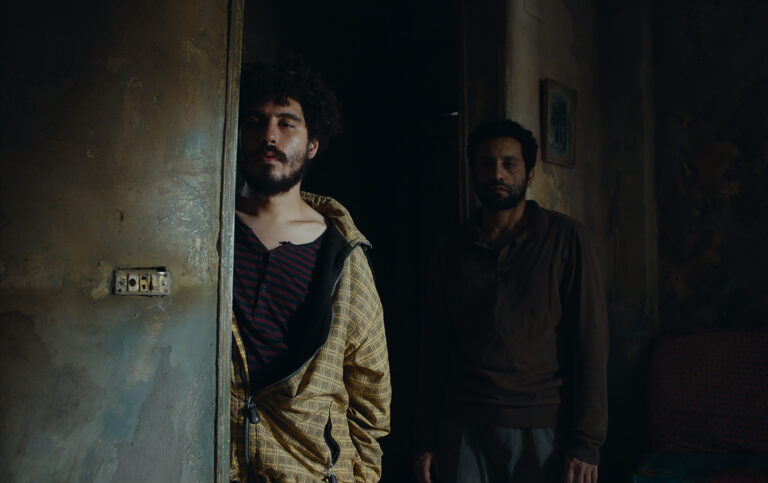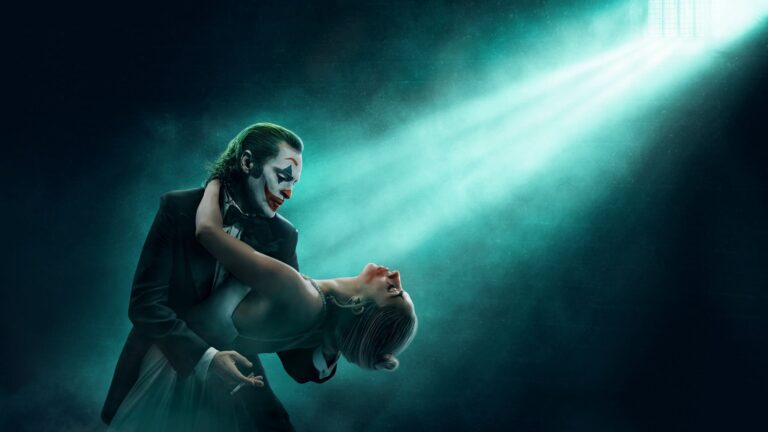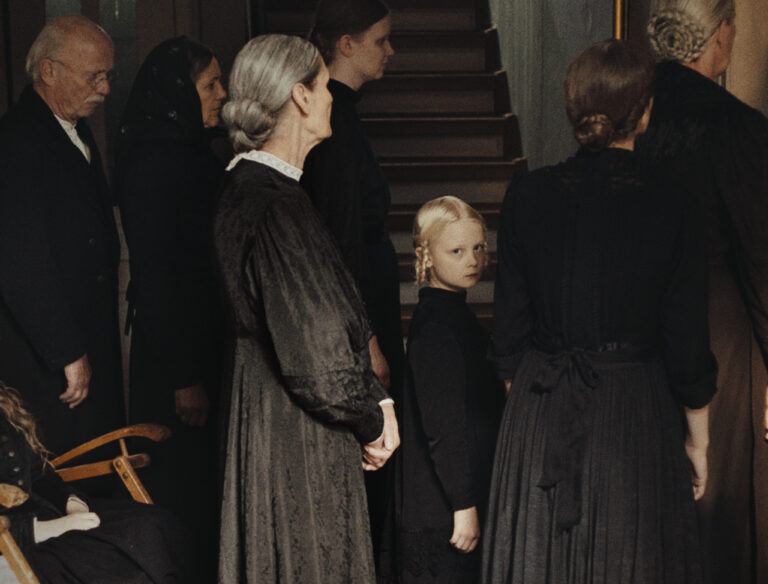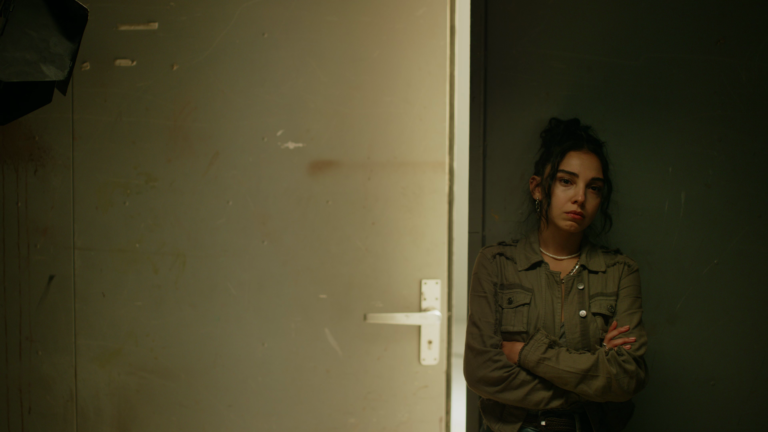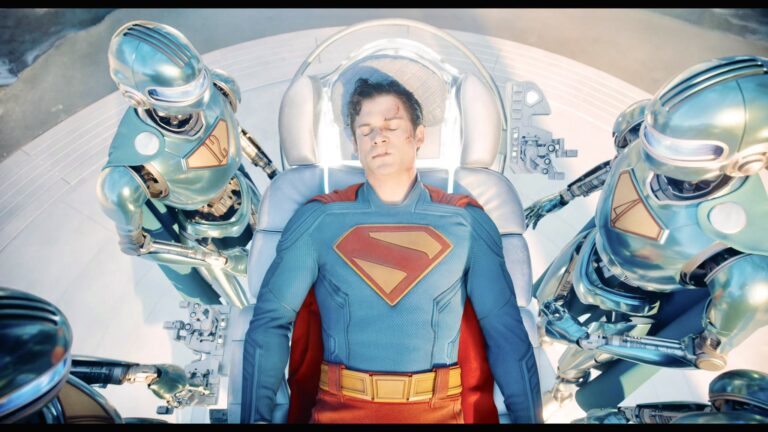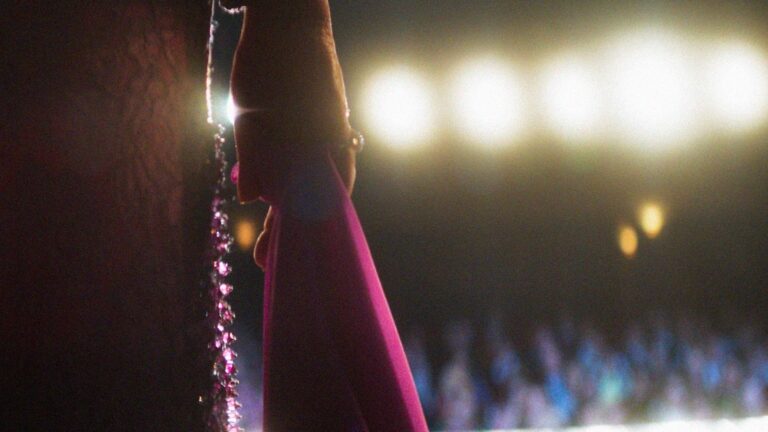Roqia: Allegorical Horror With Purely Middle Eastern Lore And Themes
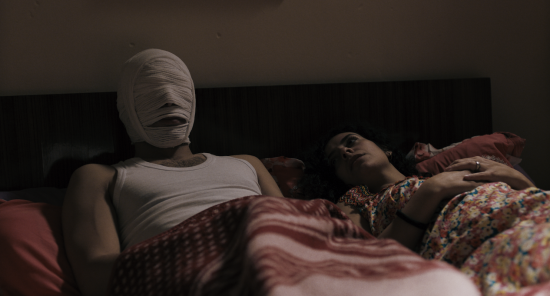
By
Arabic horror movies are rare, and Arabic horror movies that are legitimately creepy, made with artistry, and are not laughable, are even rarer.
That’s why Yanis Koussim’s feature length debut: ‘Roqia’ is a very pleasant surprise, an effective and original horror film that tries interesting things. Furthermore, in a year that redefined horror cinema with many classics, ‘Roqia’ could still stand out as part of the conversation.
It finally turned a dream of mine into reality, as it’s a horror film that has its opening citation be a Hadith (a saying by Islam’s prophet Muhammad) and later incorporates said Hadith into its supernatural lore (like what decades of Western Horror Cinema did with Christianity). The closest thing this film has to a protagonist is arguably an old Exorcist, a Sheikh who uses Quran against evil forces.
That Sheikh is getting old, and his grip on his small world and his memory start to weaken, to the point where he starts to forget where he left his Quran, and this makes him more dependant on his protege and on their neighbor housemaid that cooks and cleans for them both.
And for a while, it isn’t really a horror film, but a domestic drama about aging, dementia and dying, with the horror cleverly in the background. (And this is not the only instance where the film acts like a domestic drama about dementia, as the film’s best moments incorporate does interesting things with the concept), using a non linear, multiple protagonist structure to maintain tension and intrigue and widen the scope of the story.
“Scope” is a keyword here, as this film treats demonic possession as something of a spreadable disease or virus, linking it into the kind of violent instances you could see when scrolling social media, where a man kills his wife or another kills his victims after robbing them, the sort of violence and chaos that makes you feel the world has gone mad, that you are surrounded by sickness on your everyday life.
This approach keeps the film grounded to everyday horrors, suiting the film’s grounded, Dardennes like visual style. Yes, when the possessed show up, they make monsterious shrieks and creepy sounds, with make-up and sound effects (which feel very much like “stock horror sounds” hindering the film’s ability to have unique tone and atmosphere), but they look human, with no physical mutations, deformities or changes, they look even more human than the similar rage virus infected from the ‘28 Days Later’ franchise.
The tone of ‘Roqia’ is more similar to Festival slower dramas than what you expected from a traditional horror, and the non-linear structure makes it build up to a different kind of tension, it is a patient film, aiming for something more existential and societal, to portray a certain feeling of unease, non-safety, and a sense of confusion and being lost in life, surrounded by forces stronger than you, slowly approaching, The closest thing to what Yanis Koussim is trying to do is Kurasawa’s ‘Cure’, though it doesn’t have as much of a tight grip on the audience as that film.
That is not to say it doesn’t have the big horror moments, the visceral moments of pay off that all good horror films build towards, and it does built to a very effectively creepy and uncomfortable finale.
Like the powerful Tunisian horror film from last year, ‘Where do I belong’, The Horror of ‘Roqia’ is a uniquely middle eastern one, of War-torn countries, of militia violence and terrorist fundamentalists.
Turning this violence, this brutality that spreads from soul to soul, rotting and corrupting them, into a disease, a spreadable outbreak is how you use the allegoric power of horror cinema.
Like how the ‘28 later’ franchise is about the rot of British society, ‘Weapons’ is about the gap between parents and offspring in Western countries, and “Sinners” is about the vampirism of cultural appropriation, and (apparently, from early reviews) Radu Jude’s ‘Dracula’ is about the vampirism of AI Art.
So, ‘Roqia’ fits perfectly in a year of allegorically rich and socially aware horror cinema.


